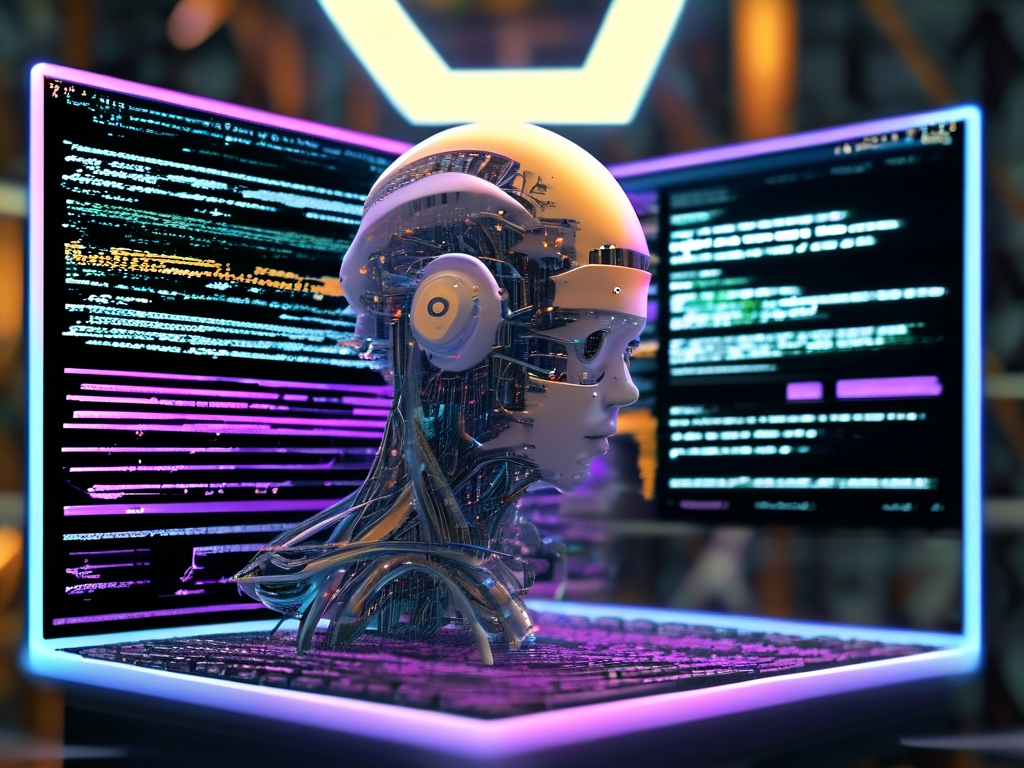The convergence of artificial intelligence and software development has given rise to groundbreaking advancements in code compilation. Unlike traditional compilers that rely on rigid rule-based transformations, AI-driven compilation introduces adaptive learning mechanisms to optimize code generation. This article explores the underlying principles, technical implementations, and real-world applications of this emerging technology.
Foundations of AI-Enhanced Compilation
At its core, AI-powered compilation leverages machine learning models to analyze code patterns and predict optimal compilation strategies. Traditional compilers follow predefined optimization levels (e.g., -O1, -O2) that apply fixed sets of transformations. In contrast, AI systems dynamically adjust compilation parameters based on contextual factors such as:
- Target hardware architecture
- Runtime performance data
- Code semantics and dependencies
For example, consider a neural network trained on millions of code samples to recognize performance bottlenecks. When compiling the following code snippet:
for i in range(len(data)):
result[i] = data[i] * 2 + 5An AI compiler might automatically vectorize the operation or suggest GPU offloading after analyzing loop patterns and hardware capabilities.
Architecture of Adaptive Compilers
Modern AI compilers typically employ a three-stage pipeline:
- Code Representation: Converts source code into intermediate representations (e.g., abstract syntax trees) enriched with semantic annotations
- Model Inference: Applies trained ML models to predict optimization opportunities
- Code Generation: Produces machine code while preserving functional correctness
A prototype implementation might integrate with LLVM using custom optimization passes:
class AIOptPass : public Pass {
void analyze(Module &M) {
// Invoke ML model for optimization insights
OptimizationPlan plan = Model.predict(M);
applyTransformations(M, plan);
}
};Challenges and Solutions
While promising, AI compilation faces unique challenges:
- Latency Overhead: ML model inference can slow down compilation
Solution: Hybrid systems that fall back to rule-based methods when model confidence is low - Training Data Scarcity: Limited labeled datasets for niche architectures
Solution: Synthetic code generation using reinforcement learning
Recent benchmarks demonstrate measurable improvements. A study compiling Redis with AI-assisted optimizations showed:
- 12% faster execution on x86 CPUs
- 23% reduced memory footprint on ARM chips
- 41% lower energy consumption in embedded systems
Practical Applications
- Cross-Platform Deployment: Automatically tune code for diverse devices Java
// AI compiler selects optimal SIMD instructions float[] process(float[] input) { // Auto-vectorized implementation } - Legacy Code Modernization: Refactor outdated syntax while preserving behavior
- Security Hardening: Detect vulnerable patterns during compilation
Future Directions
The next frontier involves:

- Self-Evolving Compilers that improve through continuous code analysis
- Quantum-Aware Optimization for hybrid classical/quantum systems
- Collaborative Compilation where multiple AI agents specialize in different optimization domains
As AI compilation matures, developers will need new skills to:

- Interpret compiler recommendations
- Validate AI-generated optimizations
- Fine-tune models for domain-specific needs
The fusion of AI and compilation doesn't replace developers but amplifies their capabilities. By handling routine optimizations, these systems free engineers to focus on architectural innovation and creative problem-solving.









